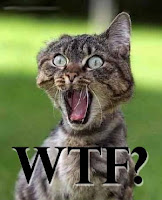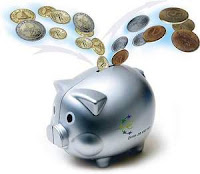What is Dudeism?
Look, let me explain something to you. I'm not Mr. Lebowski. You're Mr. Lebowski. I'm the Dude . So that's what you call me. That, or His Dudeness … Duder … or El Duderino, if, you know, you're not into the whole brevity thing. On the face of it, the eponymous hero of The Great Lebowksi (1998) is an unlikely religious leader. According to the Cohen brothers film's tagline, the Dude is 'a lazy, time-wasting slacker'. And by his own admission, Dude struggles to stay on top of life's vicissitudes. You know, a lotta ins, lotta outs, lotta what-have-you's. And, uh, lotta strands to keep in my head, man. Lotta strands in old Duder's head. Luckily I'm adhering to a pretty strict, uh, drug regimen to keep my mind limber. At the centre of these 'what-have-you's' is the theft of a rug which - as every Dude admirer knows - 'really tied the room together'. And The Dude's quest to track it down forms the cen



